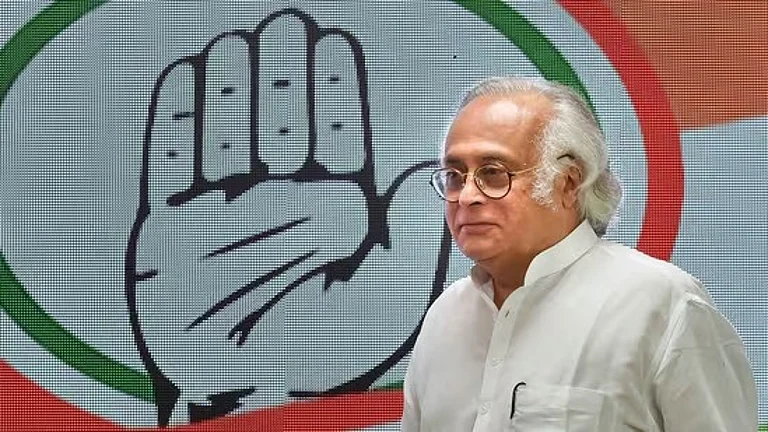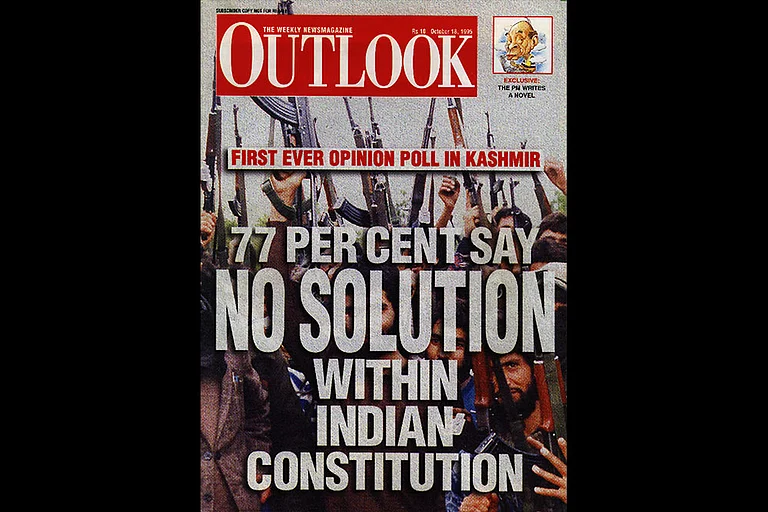The opening of the UN climate conference, COP29, was delayed as a dispute arose between developing and developed nations over the European Union’s carbon border tax, known as the Carbon Border Adjustment Mechanism (CBAM). Developing countries, including China and India, argued against adding "unilateral trade measures" like CBAM to the conference’s agenda, viewing it as potentially harmful to their economies. The delay underscores the tension between nations with differing climate agendas, with limited time available to agree on key issues like climate finance for developing nations.
COP29 opened with a call from Azerbaijan, this year's host, for swift resolution on agenda matters to focus on setting a new climate finance goal, considered essential for supporting developing nations in adapting to climate change. Simon Stiell, UN climate chief, emphasized that climate finance is in every nation’s self-interest. However, discussions were promptly halted so delegates could resolve the debate over including CBAM in the agenda, delaying the plenary.
The CBAM imposes a tax on imports into the EU of high-emission products, such as steel, cement, and aluminum, manufactured in countries with less stringent carbon regulations, like India and China. The EU justifies this mechanism as a means to create fair competition for EU-produced goods, which adhere to stricter environmental standards. It also aims to curb emissions embedded in imports from countries without similar regulations. However, many developing nations argue that CBAM is economically burdensome, claiming it violates UN climate agreements, which state that no country should impose emissions reduction methods on others.
China, representing the BASIC group (Brazil, South Africa, India, and China), submitted a formal request for COP29 to address concerns over CBAM. Li Shuo from the Asia Society Policy Institute stated that the proposal reflects anxieties about the EU's and U.S.’s trade policies, as they increasingly restrict markets to lower-cost green products like electric vehicles and solar panels from China, potentially hindering global climate action.
India’s Finance Minister, Nirmala Sitharaman, previously criticized CBAM as “unilateral and arbitrary,” cautioning that such measures could disrupt international trade and harm India’s industries. According to Delhi-based think tank Centre for Science and Environment, CBAM could impose a 25% tax on carbon-intensive Indian goods exported to the EU, a tax burden estimated to impact 0.05% of India’s GDP.
Another divisive issue at COP29 is the prioritization of climate finance. Developing countries, including those in the LMDC (Like-Minded Developing Countries) group and the African Group, insist the conference should focus primarily on climate finance. However, developed countries, including the US, UK, and EU, seek to expand the dialogue to address all “Global Stocktake” outcomes, including emissions mitigation and reducing fossil fuel use. Meena Raman from the Third World Network argues that developed nations are shifting focus from climate finance to other areas, diminishing the chances of meaningful support for developing countries in addressing climate change impacts.
(This article is a reworked version of a PTI feed)


























